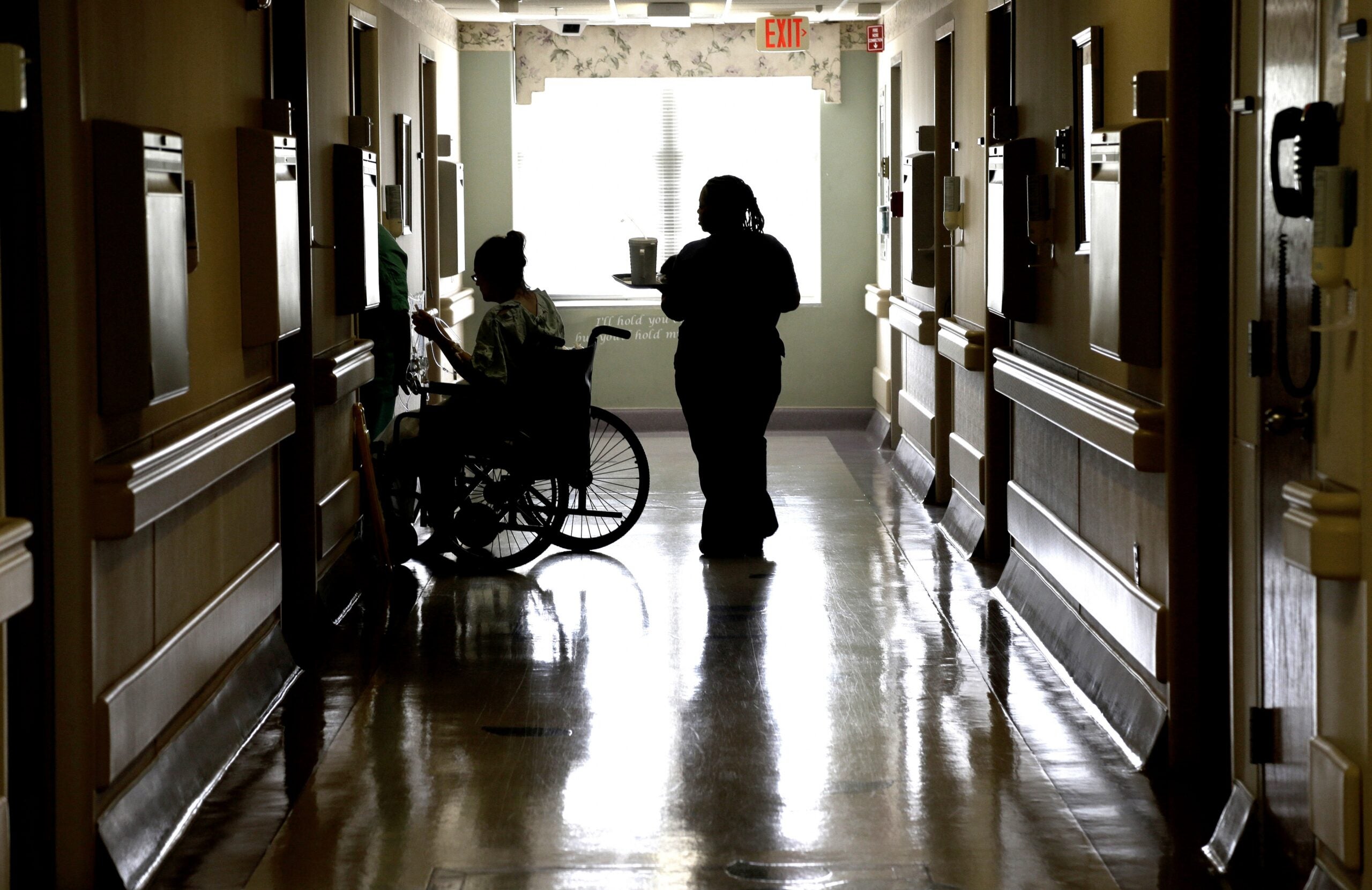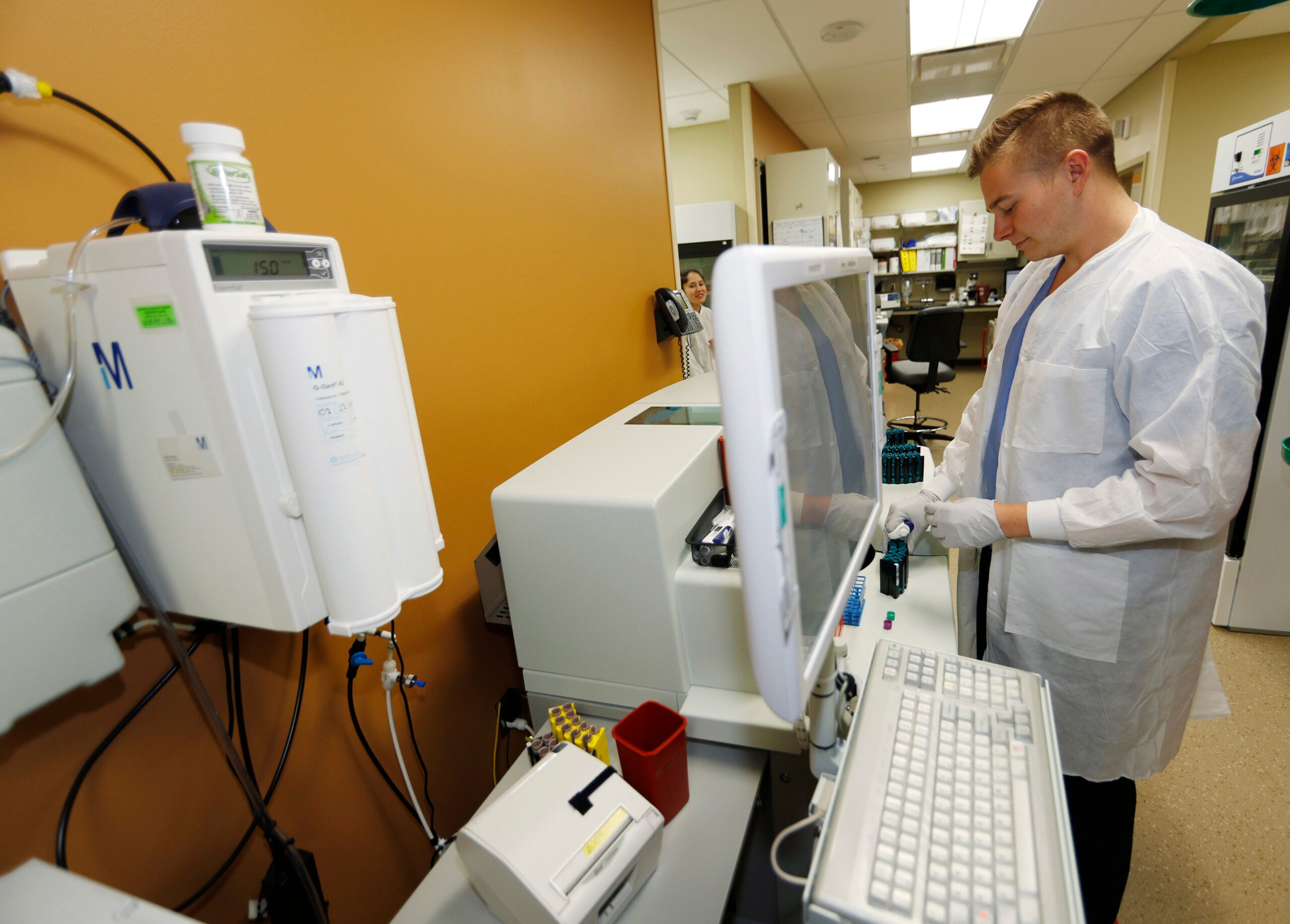Expanding Medicaid under the Affordable Care Act cost the federal government billions of dollars. But a University of Wisconsin-Madison study says it also saves money in a different federal safety net program.
One of the spillover effects from states that expanded Medicaid was less reliance on federal income assistance known as Supplemental Security Income, or SSI. UW-Madison assistant professor in the Population Health Sciences Department, Marguerite Burns, is one author of a study published in the August issue of Health Affairs.
“We compared states that expanded Medicaid to states that did not expand Medicaid in 2014. And we found that SSI participation declines by about 3 percent in those expansion states,” Burns said.
News with a little more humanity
WPR’s “Wisconsin Today” newsletter keeps you connected to the state you love without feeling overwhelmed. No paywall. No agenda. No corporate filter.
As of June 2016, about 121,000 Wisconsin residents received cash benefits under the SSI program. While it’s a federal program, some states, like Wisconsin, supplement monthly cash payments. Prior to the Affordable Care Act, Burns said SSI was a doorway to Medicaid.
“Prior to the Medicaid expansions of 2014, there were few paths by which low-income adults without children could gain eligibility for Medicaid, other than through the SSI program,” said Burns. “However the SSI program, in addition to having strenuous requirements for meeting disability criteria, has very restrictive income and asset tests. And the Medicaid expansions have slightly more generous income eligibility criteria and no asset tests.”
Thirty-two states have expanded Medicaid; Wisconsin did not. Most of the discussion about Medicaid expansion has focused on access to health care, not the financial effect on other government programs. Recently both Milwaukee Mayor Tom Barrett and Democratic U.S. Rep. Ron Kind called on Gov. Scott Walker to expand Medicaid in Wisconsin using federal dollars.
Walker and other Republicans argue the expansion isn’t sustainable because the federal share decreases over time and states wouldn’t be able to afford it on their own.
Wisconsin Public Radio, © Copyright 2025, Board of Regents of the University of Wisconsin System and Wisconsin Educational Communications Board.





